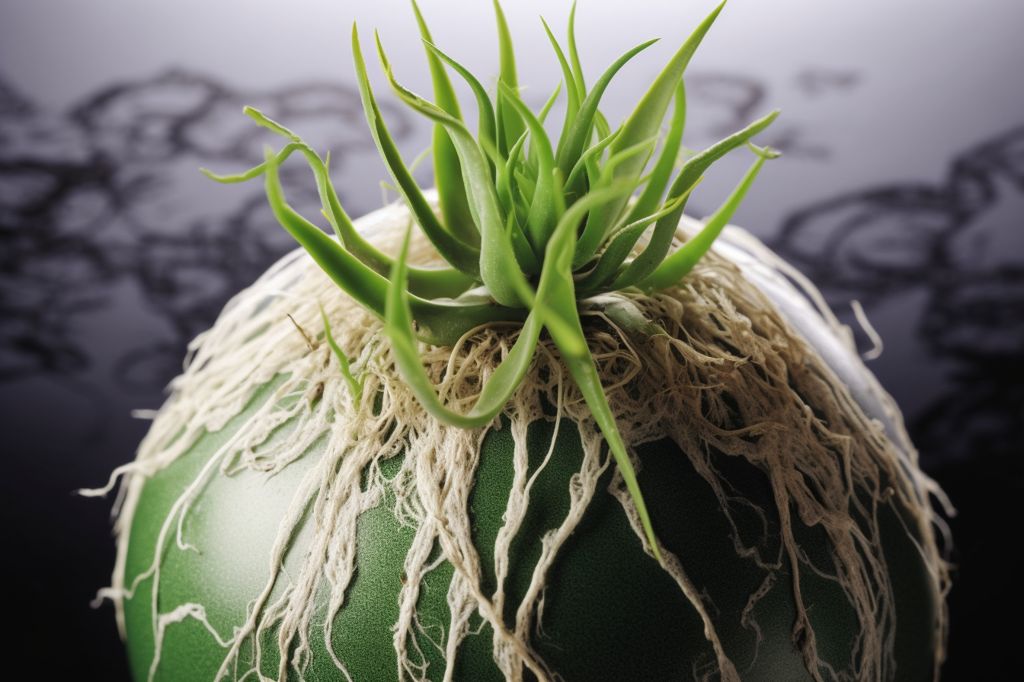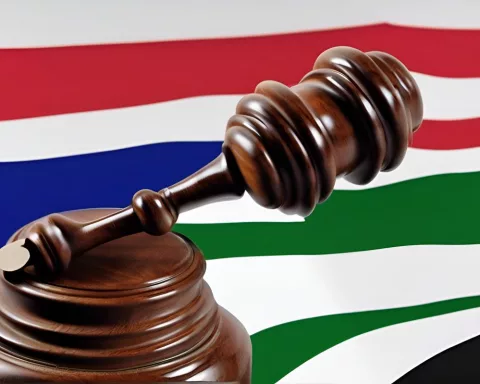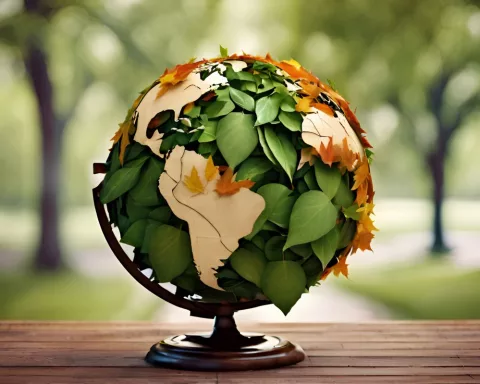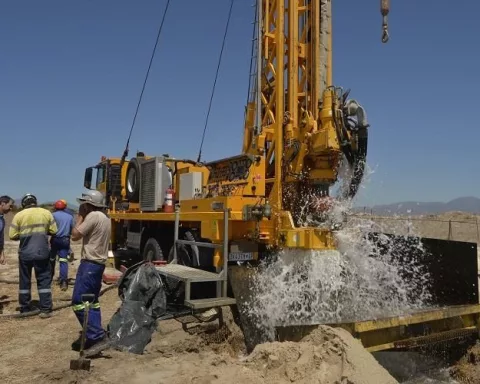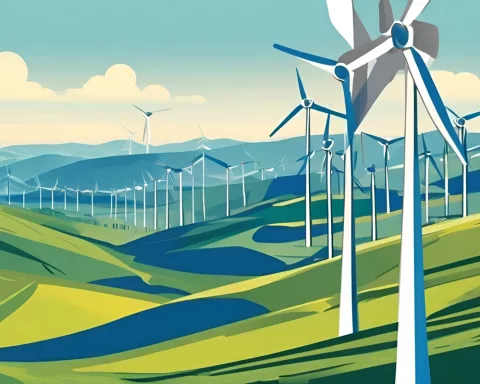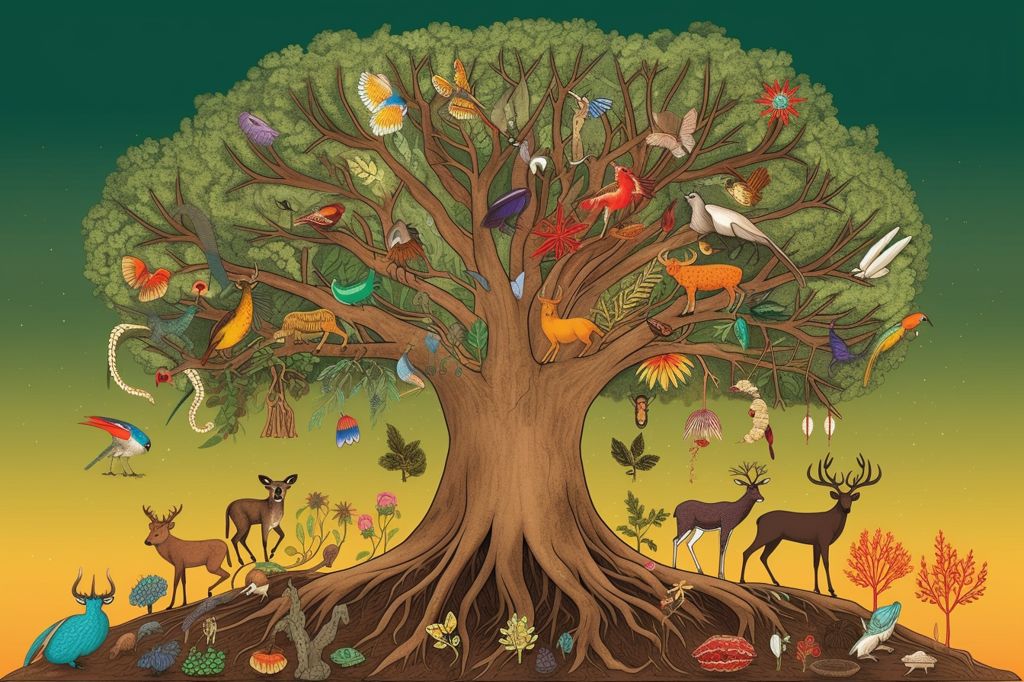Ms. Barbara Creecy, Forestry, Fisheries, and the Environment Minister, recently delivered the Budget Vote 2023/24 for the Department of Forestry, Fisheries, and the Environment. In her speech, she emphasized several key initiatives and projects aimed at preserving South Africa’s natural resources, combating climate change, and enhancing the nation’s biodiversity.
A Focus on the Groen Sebenza Programme
The Groen Sebenza programme is a significant focal point for South Africa’s green initiatives. The programme has recruited 1,117 graduates, offering them work experience in the science sector. It aims to facilitate long-term employment for these graduates, allowing them to contribute to the maintenance and preservation of the country’s natural resources. This initiative demonstrates South Africa’s commitment to investing in its future workforce and promoting sustainable development.
The Kunming Montreal Global Biodiversity Framework and South Africa’s White Paper
The Kunming Montreal Global Biodiversity Framework (GBF) was adopted at the Convention on Biological Diversity last year. This framework focuses on various aspects, including the protection of 30% of land and sea by 2030, ensuring communities benefit from economic opportunities created within conservation estates, and recognizing the intellectual property of indigenous people. In an effort to domesticate this global agreement in South Africa, the country has adopted the White Paper on Conservation and Sustainable Use of South Africa’s Biodiversity, aligning its policies with the international goals set forth in the GBF.
National Protected Areas Expansion Strategy
To achieve the global target of 30% land and sea protection, South Africa has approved the National Protected Areas Expansion Strategy. This strategy sets specific goals for increasing protected areas, aiming for a 28% terrestrial space rate by 2036 and a 10% marine space rate in the same year. South Africa anticipates reaching the 30% target by the early 2040s, demonstrating its commitment to preserving its natural resources for future generations.
The Role of South African National Parks
South African National Parks (SANParks) remains the international benchmark for conservation management in the country. SANParks plans to deliver 39 new tourism products in partnership with the private sector over the next three years. These programs will help create over 2,200 direct jobs in local small and medium-sized enterprises (SMMEs), contributing to economic growth and development in South Africa.
Combating Illegal Wildlife Trade and Marine Spatial Planning
Minister Creecy highlighted the importance of combating illegal wildlife trade, specifically mentioning a draft strategy and action plan to combat the trade in illegally harvested abalone. Furthermore, the Marine Spatial Planning process is being developed to promote the co-existence of different sectors within the marine environment, ensuring that South Africa’s marine ecosystems remain healthy and sustainable for the long-term.
Addressing Climate Change and Waste Management
South Africa has developed Sectoral Emission Targets to address climate change, outlining emission reduction goals for key sectors of the economy. The country is working on the development of carbon budget regulations addressing the submission and processing of climate change mitigation plans by the industry. In addition, the Expanded Public Works Programme supports the cleaning and greening initiative, tackling waste management challenges and assisting municipalities in ensuring a cleaner environment for all citizens.
South Africa’s environmental vision is multifaceted, focusing on enhancing biodiversity, conservation, marine living resources, and combating wildlife crime and climate change. Through these various initiatives and strategies, South Africa is taking important steps towards a greener, more sustainable future that will benefit its citizens and protect its natural resources for generations to come.

